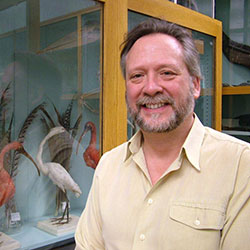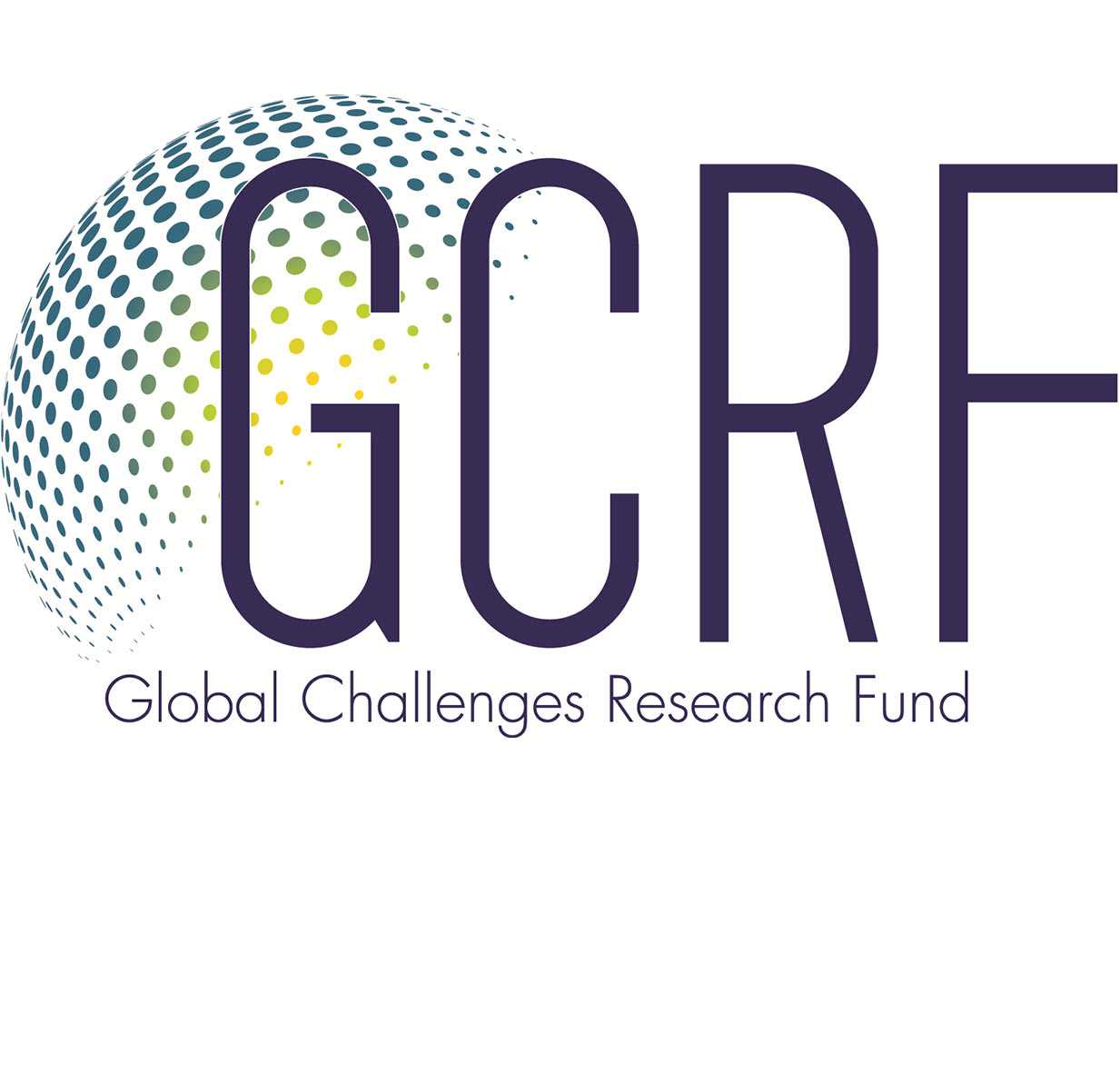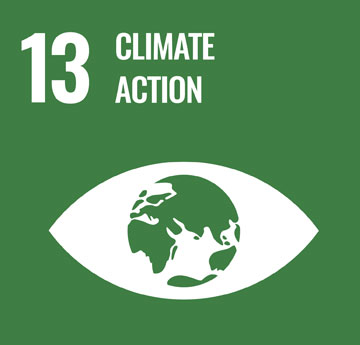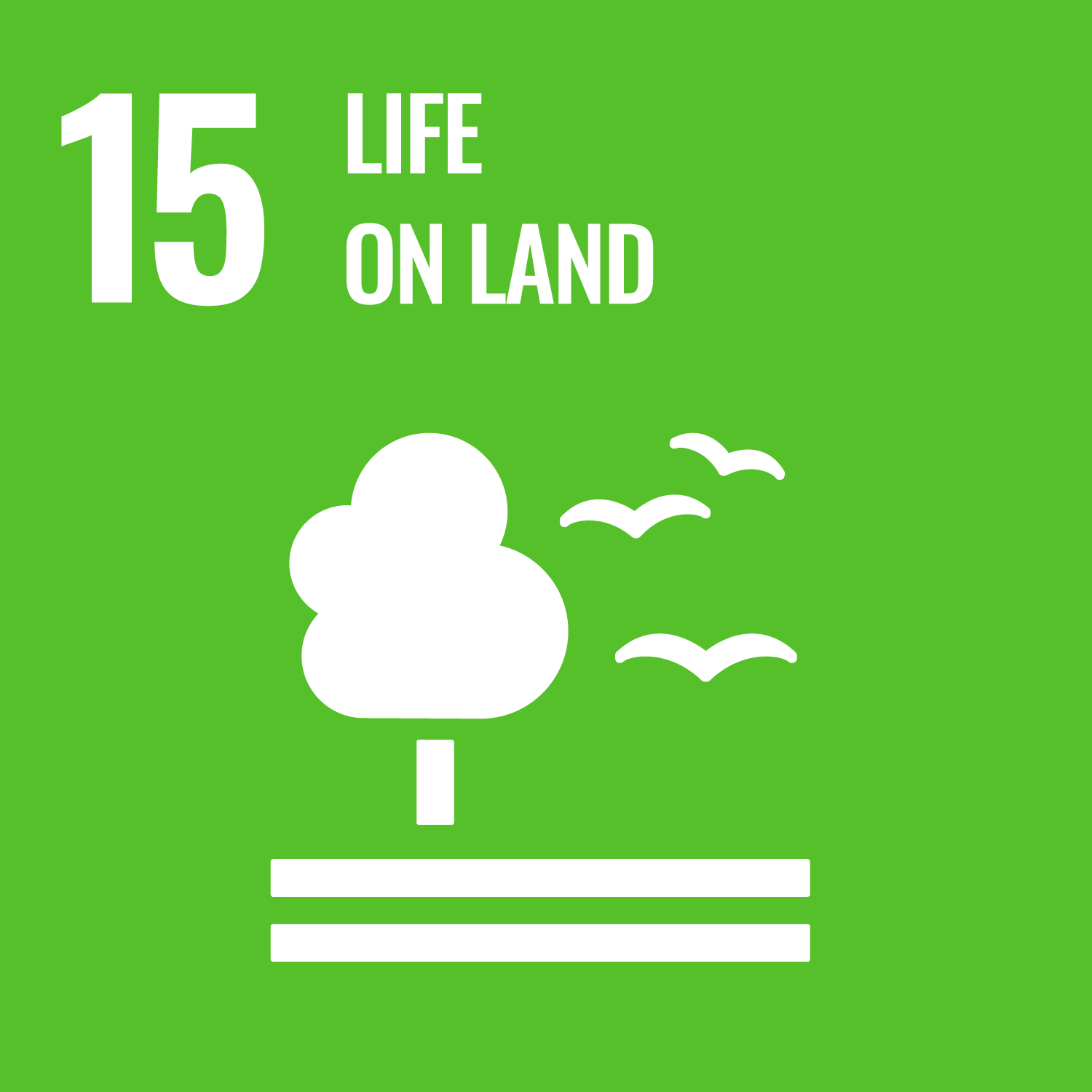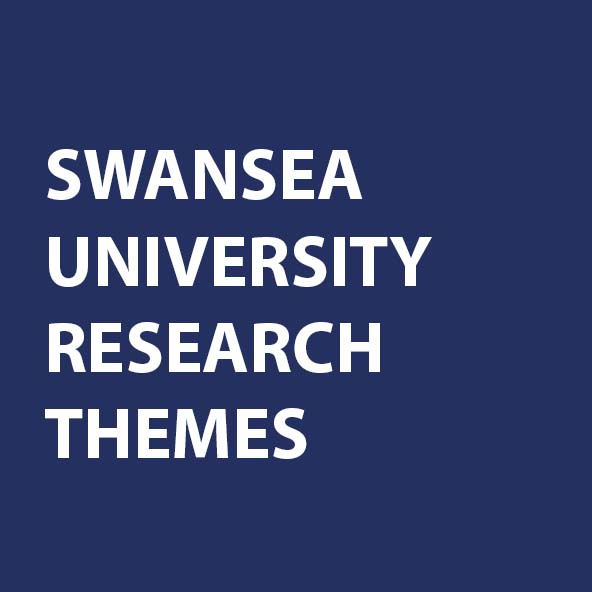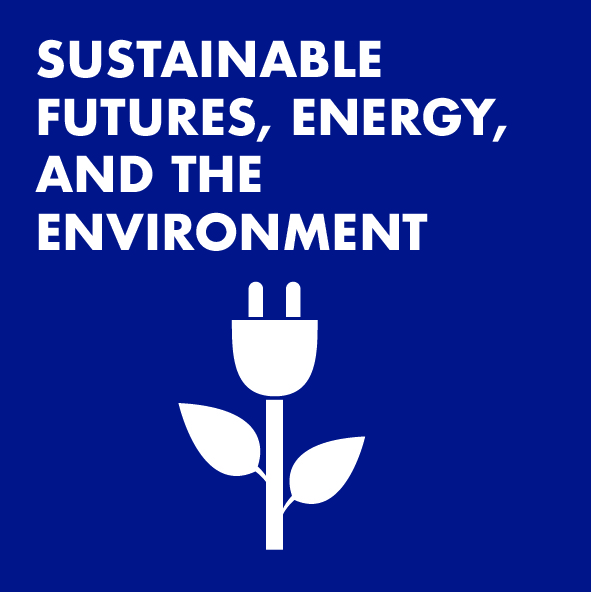The Challenge
Mangrove ecosystems worldwide are endangered by climate change and habitat degradation. They are however, among the most carbon-rich habitats on the planet. Conserving and expanding them is a key strategy to combat climate change.
The Gambia is among the poorest countries in Africa, emerging from devastating loss of human capital during the past 22 years of political isolation. There are extensive mangrove forests along the River Gambia which help sustain rich biodiversity, food production, tourism, and underpins the cultural heritage of the people. However, climate change, rising sea level, diebacks and mismanagement are threatening the mangrove forests and the livelihoods that depends on them.
The Method
By applying for, and being awarded funding by GCRF, a project team of five scientists from Swansea University, led by Professor Geoff Proffitt, were able to consult stakeholders and visit The Gambia to undertake a variety of activities.
The team gathered support from stakeholders which included:
In The Gambia, the Swansea University team were able to investigate threats and undertake a comprehensive assessment of the Gambian mangrove forests, assess water resources and develop more effective restoration methods.
The team engaged with the local staff, students, and community groups to provide resources and training.
The Impact
The research programme will:
- enable The Gambia to apply for international REDD+ carbon funding to support sustainable community livelihoods, food and water security, and mangrove conservation and restoration programmes;
- support evidence-based management and policy and sustainable exploitation of natural capital;
- provide scientific data to support ongoing efforts in mangrove reforestation;
- empower local people to tackle environmental issues.
Mangrove forests play a vital role in supporting communities through socioeconomic activities. Therefore, knowledge and experience gained will benefit both local communities and wider mangrove restoration and conservation.
Based upon the work undertaken todate we plan to establish the ‘West Africa Continuous Environmental Monitoring’ Programme (WACEM) and research facility, which will be staffed by Gambian researchers and staff, and supported by visiting international scientists and students; making this a true global collaboration project.


